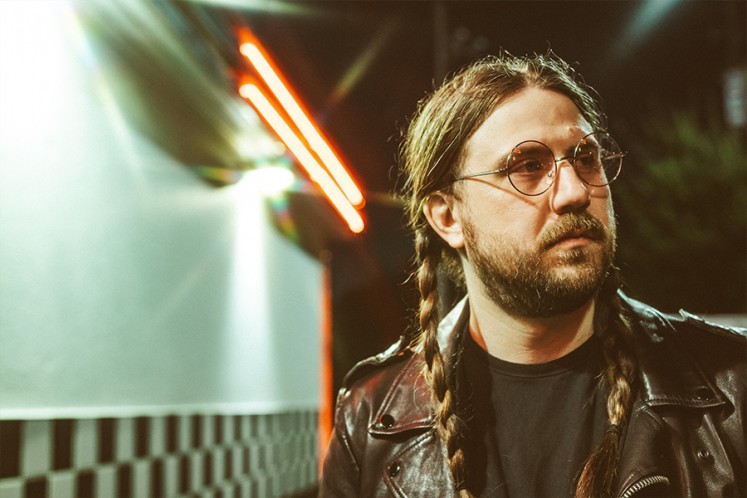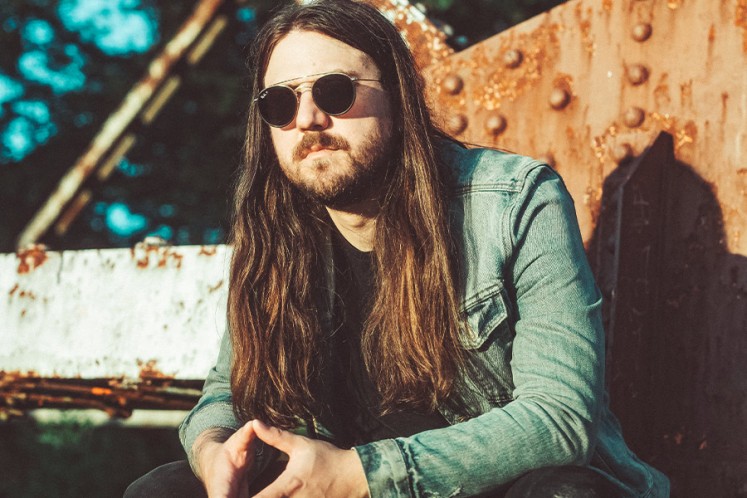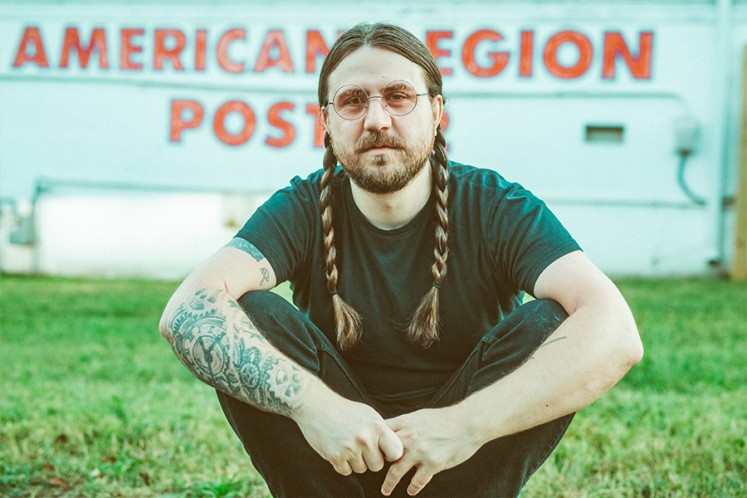Sam Morrow
With five albums under his belt, Sam Morrow has carved out a sound that exists somewhere outside of genre and geography. It's his own version of modern-day American roots music: a mix of roadhouse rock & roll, bluesy R&B, and country-fried funky-tonk, driven forward by groove, grease, and guitars.
It's also a sound that owes as much to the road — where Morrow spent most of the past decade on tour, supporting albums like Concrete & Mud and Gettin' By On Gettin' Down — as the various places he's called home. This is music for the fast lane. Music for empty highways. Music for people who, like Morrow, always seem to find themselves in transit.
Morrow's first home was in Houston, Texas, where he grew up developing not only an appreciation for punk, hip-hop, and ZZ Top, but also an appetite for the vices that would land him in rehab while still a teenager. He eventually found sobriety in Los Angeles and chose to stay there, trading his Texas roots for the California coast. Living far away from his birthplace gave Morrow a new appreciation for the country music he'd once ignored as a Texan. He began filtering those country sounds into his own music, mashing them together with the southern boogie of Little Feat, the electric blues of Freddie King, the Tex-Mex of Los Lobos, and the desert rock of Queens Of The Stone Age. Separately, those influences might have sounded like strange bedfellows. Together, though, they formed the bedrock of Sam Morrow's rootsy rock & roll.
Championed by outlets like NPR and Rolling Stone, Morrow's first four albums turned him into one of the West Coast's biggest Americana exports. The appeal wasn't just the swaggering, swampy music itself; it was also the sharp storytelling and unfiltered insights of a songwriter who wasn't afraid to shine a light on the skeletons in his closet.








